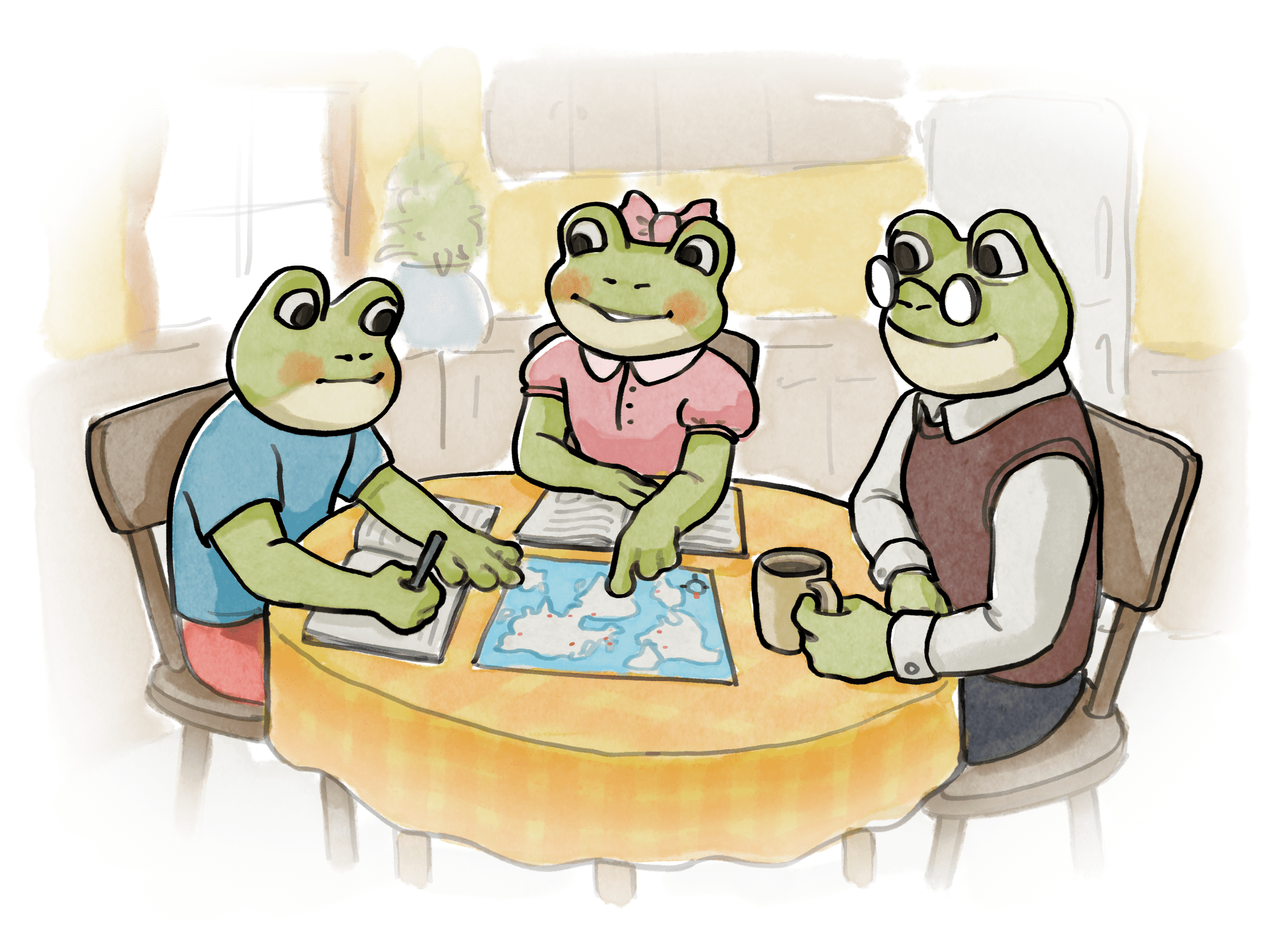When diving into the world of homeschooling, a question that often surfaces is, “How will this affect my child’s social skills and maturity?” Surprisingly, many studies and anecdotal evidence suggest that homeschooled children often exhibit higher levels of maturity and are more socially attuned than their traditionally schooled counterparts. Let’s delve into the reasons behind this fascinating revelation, and how approaches like unschooling and online home education play a part in fostering these qualities.
1. Customised Learning Environments:
The beauty of home learning is its adaptability. Every child learns differently, and homeschooling allows for a tailor-made educational journey. Whether it’s through unschooling, where learning is driven by a child’s interests, or a structured online homeschool program, children are often more engaged and invested in their education. This personal involvement accelerates emotional and intellectual maturity.
2. Diverse Social Interactions:
Contrary to popular belief, homeschooling doesn’t isolate children. In fact, home educating often exposes children to a broader age range in social situations. Instead of interacting primarily with peers of their age group, homeschooled children mingle with various age groups, from younger kids to adults. This diversity fosters adaptability and a better understanding of social dynamics.
3. Real-World Experiences:
Unschooling and other home learning methods often incorporate real-world experiences into the curriculum. Whether it’s a visit to a local museum, a community service project, or a virtual session with an online homeschool teacher, these real-life encounters enrich their understanding of the world and their place in it, fostering maturity.
4. Close-Knit Bonds and Communication Skills:
One of the benefits of home educating is the strengthened bond between parent and child. This close relationship fosters open communication, allowing children to discuss their feelings, ask questions, and gain insights into adult perspectives. Such interactions are invaluable in cultivating emotional intelligence and maturity.
5. Safe Environment for Personality Development:
The home is a safe haven where children can be themselves without the fear of peer pressure or bullying. In this supportive environment, children can explore their interests, hone their strengths, and work on their weaknesses. This self-awareness and self-acceptance play a crucial role in developing maturity.
6. Independent Learning and Responsibility:
Online home education tools and resources empower students to take charge of their learning. Whether they’re working on a project with guidance from an online homeschool teacher or exploring subjects on their own, the onus of learning often lies with the student. This sense of responsibility naturally translates to other areas of their lives, making them more mature and accountable.
7. A Holistic View of Education:
Homeschooling, especially unschooling, promotes the idea that education isn’t confined to textbooks. Learning happens everywhere — in nature, during travels, and even in day-to-day tasks. This holistic perspective broadens their horizons and develops a mature understanding of life and learning.
8. Opportunities for Leadership and Initiative:
Home educated children often take the lead in their educational journey, especially in online homeschool settings. Whether it’s initiating a science experiment, starting a community project, or collaborating with peers in an online home education group, these leadership opportunities enhance their confidence and social attunement.
9. Emphasis on Values and Morals:
Homeschooling allows parents to instil values and morals they deem essential. This consistent focus on character building, combined with academic learning, shapes well-rounded, mature individuals who are aware of their responsibilities towards society.
10. Continuous Feedback and Personal Growth:
With regular interactions and assessments by homeschool teachers, children receive constant feedback. This continuous loop of communication ensures that they’re aware of their strengths and areas of improvement, allowing for consistent personal growth.
Conclusion:
While every child’s journey is unique, the flexibility and personalisation that homeschooling offers undoubtedly have profound effects on their social and emotional development. Through unschooling, online home education, and other homeschooling methods, children are not just learning academically; they’re evolving into mature, socially attuned individuals ready to take on the world. If you’re considering this path, remember that with the right resources and guidance, homeschooling can be an enriching experience, fostering qualities in children that will stand them in good stead throughout their lives.





